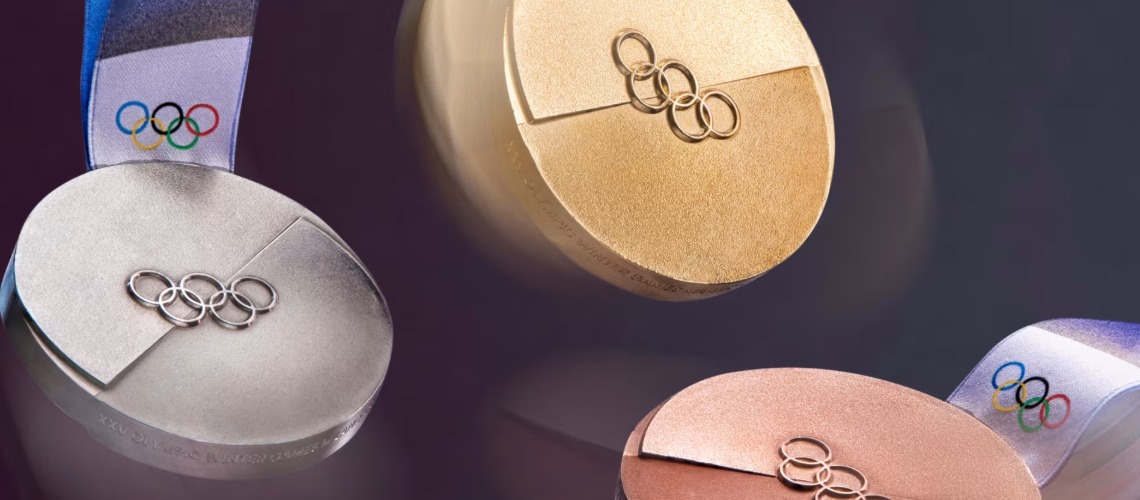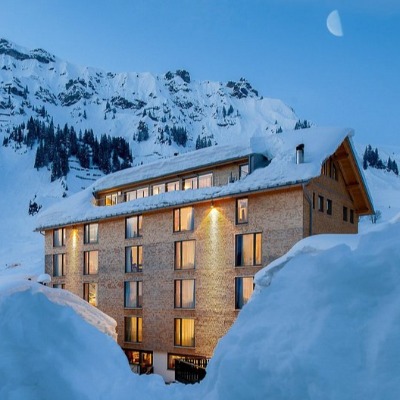FIS Blocks Russian & Belarusian As Individual Neutral Athletes For Winter Games

he path for Russian and Belarusian athletes to compete in the Milan-Cortina 2026 Winter Olympics was drastically narrowed Tuesday after the International Ski and Snowboard Federation (FIS) council voted definitively against allowing their participation, even under the status of “Individual Neutral Athletes” (AINs).
In a statement FIS said 'The FIS Council convened this Tuesday and voted not to facilitate the participation of athletes from Russia and Belarus as Individual Neutral Athletes (AIN) in FIS qualification events for the Milano Cortina 2026 Olympic Winter Games and Paralympic Games.
'The International Olympic Committee’s AIN regime has been set out as a possible pathway for athletes from Russia and Belarus to compete in the Olympic Games, with each International Federation remaining responsible for the decision on whether to allow these athletes to take part in its existing qualification system.'
The decision, made at a council meeting in Oberhofen, upholds the suspension FIS first imposed on Russian and Belarusian national teams following the 2022 invasion of Ukraine. Crucially, the vote blocks these athletes from competing in any FIS-sanctioned Olympic and Paralympic qualification events for the upcoming Winter Games, a move that will affect nearly half of all medal events at the 2026 Olympics.
The outcome runs counter to the International Olympic Committee’s (IOC) policy, which permitted Russian and Belarusian athletes to compete under a neutral flag at the 2024 Paris Summer Games. However, the IOC had delegated the final authority on qualification events to individual International Federations, a power FIS has now used to maintain its full exclusion.
Impact on Winter Sports Landscape
The ruling, which covers major disciplines including Alpine skiing, cross-country skiing, freestyle, Nordic combined, ski jumping, and snowboarding, means that the most heavily-medaled winter sport is now closed off to Russian and Belarusian competitors. Historically, Russia has been a significant power in cross-country and a frequent medal winner in freestyle and snowboard slalom.
The decision was reportedly influenced by strong opposition from Nordic countries. Norwegian and Swedish federations, along with some high-profile athletes like Swedish cross-country star Linn Svahn, had previously indicated a willingness to boycott events if the ban were lifted.
"The FIS Council convened this Tuesday and voted not to facilitate the participation of athletes from Russia and Belarus as Individual Neutral Athletes (AIN) in FIS qualification events for the Milano Cortina 2026 Olympic Winter Games and Paralympic Games," FIS said in a statement.
In immediate response, Russia’s national ski association voiced its “deep disappointment,” labeling the FIS council’s vote as discriminatory.
“We will continue to actively pursue all available avenues to ensure that athletes are not penalized for political circumstances beyond their control, including through legal action,” the Russian federation stated, suggesting a likely appeal to the Court of Arbitration for Sport (CAS).
The FIS ruling highlights the ongoing fractured landscape among winter sports federations. While FIS, Biathlon (IBU), Ice Hockey (IIHF), and Curling (WCF) have maintained complete bans, other federations have opened limited pathways for neutral qualification. Most notably, the International Skating Union (ISU) and the International Ski Mountaineering Federation have allowed Russian and Belarusian athletes to compete as neutrals, with some figure skaters already securing preliminary spots for the 2026 Games.














